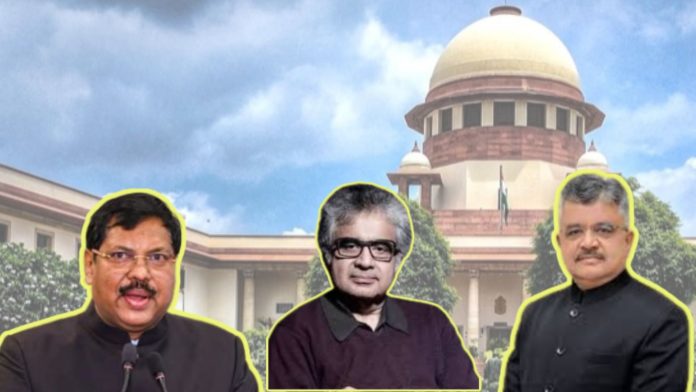New Delhi: The Supreme Court is examining the scope of Article 200 of the Constitution, which gives governors the power to act on bills passed by state legislatures. The hearings follow a Presidential reference after the court’s April ruling that had set timelines for governors and the President to clear or return bills.
A Constitution Bench led by Chief Justice BR Gavai raised concerns that an unrestricted reading of Article 200 could allow governors to indefinitely withhold even money bills, which are essential for state finances. Justice PS Narasimha observed that such an interpretation poses a “big problem,” as it could block governance.
Solicitor General Tushar Mehta, representing the Centre, argued that governors’ powers are broad but not arbitrary. He pointed to Article 207, which requires governors’ prior approval before money bills are introduced, making it unlikely that assent could be withheld later. He insisted that governors are not “postmen” and represent the Union, but their discretion must be exercised sparingly.
Senior advocate Harish Salve, appearing for Maharashtra, countered that the Constitution clearly grants governors four options: assent, return, reserve for the President, or withhold assent. He opposed judicially imposed deadlines, saying political processes differ in pace and cannot be bound by strict timeframes.
The Chief Justice, however, stressed that governance cannot be held hostage to delays. “Would we not be giving total powers to the governor to sit in over an appeal?” he asked, warning against excessive discretion. The court has yet to deliver its opinion on the Presidential reference.




